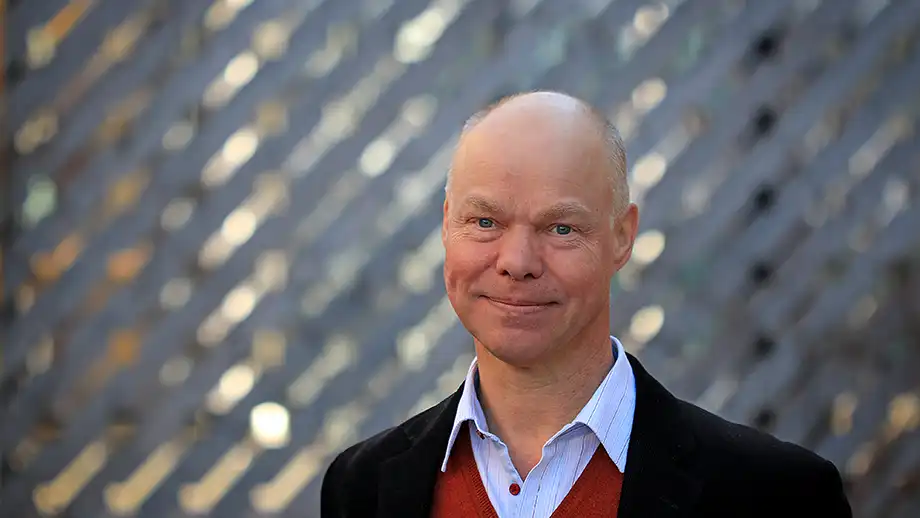How KTH can boost lifelong learning

Make the full range of courses available to professionals, ideally immediately! This is the advice of Professor Gunnar Karlsson on how to boost lifelong learning.
He conducted a study on behalf of the President and Dean which resulted in various proposals to address the significant demand for continuing education.
“KTH has been slow to act on this issue. This could be a way to break the deadlock and collaborate with various parties and employers to expand the range of courses available to professionals," says Karlsson.
The study involved a multi-stage analysis of needs, an investigation into the most suitable form, and a review of offerings and processes. The study makes proposals on how professional engineers, architects, and teachers can develop their skills through continuing education throughout their working lives. In order to achieve this, the continuing education offerings of universities must better match the needs of employers.
"The idea is to offer the same course as both a free standing course and a contract course as a jointly taught copurse," says Karlsson.
Rapid technological transformation
In line with rapid social changes and technological transformation, there is an increasing need for continuing education for professionals as the demands placed on teachers, engineers and architects are changing. According to the Higher Education Act, universities are responsible for contributing to this. To fit in with working life, continuing education must be adapted in terms of pedagogy, course scope and schedule to suit working professionals.
"It is a mutual commitment, involving dialogue with strategic partners to find effective solutions. Employers may not be fully aware of their training needs and may not find the course they are looking for in our range. 'We need to have constructive dialogues about our range of courses," says Karlsson.
In order to plan the range of courses for professionals, a long-term perspective on the financing of contract education is needed, which can be obtained from organisations that pay for access in advance — for example, for a certain number of contract courses.
Adjusting form after working professionals
In addition to the educational content meeting the needs of the learners, it is also important, according to the report, to adapt the format for working professionals. This could take the form of study circles, seminar series, or boot camps — education in a shorter, more intensive format.
"Learning does not end with graduation," says Karlsson, adding that it is also important that continuing education is recognised as a merit for teachers.
He sees that KTH has the opportunity to take the lead in developing continuing education for professionals, writing in the report: "KTH is taking the lead in strengthening the skills of professional engineers, architects and teachers."
Anders Söderholm, KTH's President, read the report with great interest.
"It contains interesting observations and analyses, as well as a number of proposals. I hope that we will soon start prioritising and planning, so that we can take steps to increase the range of courses on offer in line with the report, " Söderholm says.
The report Utredning om livslångt lärande (pdf 1.6 MB) in Swedish with an English summary.
Text: Jill Klackenberg ( jillk@kth.se )
